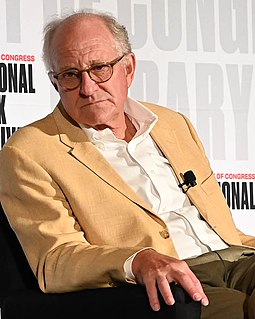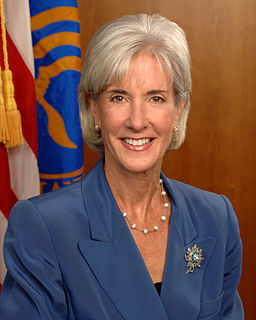A Quote by Thabo Mbeki
Clearly, there needs to be an increase in the capacity of the railway system. That's why there are these projections of increasing the capacity to carry freight on the railways by 30% over the next five years or so, because the volume of goods moved up and down, imports, exports, and within the country, has grown much larger than the capacity. And this is part of the higher costs to business, because charges, for instance, at the ports become too high and they put up the prices of these goods, whether they are imports or exports. You want to reduce that.
Quote Topics
Because
Become
Business
Capacity
Carry
Charges
Clearly
Costs
Country
Down
Exports
Five
Five Years
Freight
Goods
Grown
High
Higher
Imports
Increase
Increasing
Instance
Larger
Moved
Much
Needs
Next
Over
Part
Ports
Prices
Put
Railway
Railways
Reduce
System
Than
Too
Up
Up And Down
Volume
Want
Whether
Why
Within
Years
Related Quotes
Obviously, you can't operate a system at 100 percent capacity. You need room for growth. And because there are peak times, you need surge capacity. But it is easier to reduce and manage excess capacity in larger units than smaller, especially when you have a diversity of users who have different peak periods and different growth rates. That's why the utility model is intriguing.
One of the issues that I have raised in that context is our transport system, road, rail and ports. We have raised this before, that the South African economy has grown at a rate that has overtaken the capacity of the transport system. And therefore, we have said that it is necessary to expand our capacity in the ports.
I supported the Korean Trade Agreement in 2011. They promised - when it was signed, President [Barak] Obama said it would increase our exports to Korea by $10 billion a year.That creates jobs in America.Since - last year, 2015, there was no increase, like instead of billions of dollars there was like a $100 million increase in our exports to Korea, whereas as their imports to us went up $12 billion, and our trade deficit increased 240 percent.
Trade allegedly does not foster growth because when it begins, a flood of imports of factory origin destroys the handicraft manufacturing of the less developed country: the models for this are the effects of British exports of textiles and of iron in India and Chile in the first half of the nineteenth century.









































